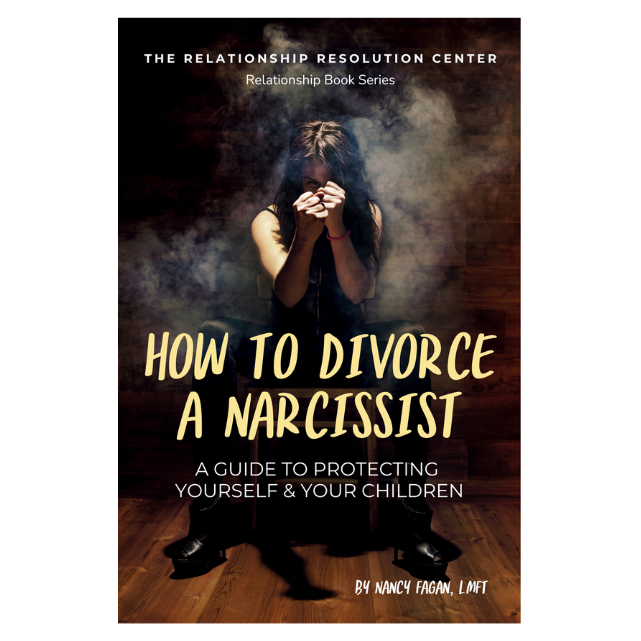You Need A Strategy When Divorcing a Narcissistic Spouse
Divorcing a narcissist can be one of the most challenging and emotionally draining experiences a person can go through. Narcissists are often manipulative, vindictive, and unwilling to cooperate during divorce proceedings. This can make the process even more difficult and stressful than it would be otherwise.
Why is it Important to Prepare a Strategy When Divorcing a Narcissist?
Narcissists are known for their ability to manipulate and control others. They may use a variety of tactics to get their way, including:
Gaslighting: Gaslighting is a form of psychological manipulation in which the narcissist tries to make their partner doubt their own reality. They may do this by denying things that happened, blaming their partner for things that are not their fault, or constantly criticizing and undermining them.
Triangulation: Triangulation is a tactic in which the narcissist tries to involve other people in the conflict. They may do this by gossiping about their partner to others, talking to their children back and forth about the divorce, or even starting new relationships to make their partner feel jealous.
Hoovering: Hoovering is a tactic in which the narcissist tries to win their partner back after they have left them. They may do this by showering them with love and affection, promising to change, or making threats.
Narcissists are also known for their lack of empathy and their inability to see things from other people's perspectives. This can make it difficult for them to negotiate in good faith during a divorce. They may be unwilling to compromise or make any concessions, even if it means that the divorce process is drawn out and costly.
By preparing a strategy for your divorce, you can protect yourself from the narcissist's manipulative tactics and increase your chances of getting a fair settlement.
How to Prepare a Strategy for Divorcing a Narcissist
The first step in preparing a strategy for divorcing a narcissist is to gather information. You need to understand your legal rights and options and the financial implications of divorce. You should also start collecting documentation of your assets, debts, and income.
Once you have a good understanding of your situation, you can start to develop a strategy. This strategy should include the following:
Your goals for the divorce. What do you want to achieve in the divorce? Do you want to maintain primary custody of your children? Do you want to keep the marital home? Do you want alimony or child support? Once you know your goals, you can start to develop a plan for achieving them.
Your spouse's goals for the divorce. What do you think your spouse wants to achieve in the divorce? Are they interested in joint custody of the children? Do they want to keep the marital home? Do they want alimony or child support? Once you understand your spouse's goals, you can start to develop a strategy for countering them.
Your strengths and weaknesses. What are your strengths and weaknesses in the negotiation process? Are you good at standing up for yourself? Are you able to stay calm under pressure? Once you know your strengths and weaknesses, you can start to develop a strategy that plays to your strengths and minimizes your weaknesses.
Your spouse's strengths and weaknesses. What are your spouse's strengths and weaknesses in the negotiation process? Are they good at manipulating others? Do they have a history of being vindictive? Once you know your spouse's strengths and weaknesses, you can start to develop a strategy for countering them.
Additional Tips for Divorcing a Narcissist
Don't negotiate directly with your spouse. Narcissists are often skilled at manipulating and controlling others. If you negotiate directly with your spouse, they will likely try to take advantage of you. Instead, hire an experienced divorce attorney to represent you and protect your interests.
Document everything. Narcissists are known for their lies and deceit. It is important to document everything that happens during the divorce process, including all communications with your spouse and their attorney. This documentation will be helpful in case you need to go to court.
Be prepared for a long and difficult process. Narcissists are often unwilling to cooperate during divorce proceedings. This can make the process long and difficult. Be prepared for this, and don't give up on your goals.
Take care of yourself. Divorcing a narcissist can be emotionally draining. It is important to take care of yourself during this difficult time. Ensure you eat healthy, get enough sleep, and exercise regularly. You may also want to consider talking to a therapist to help you cope with the emotional challenges of divorce.
Divorcing a narcissist can be a challenging experience, but it is possible.


